The truth about coffee paper cups: only 1% of paper cups are recycled
For professional baristas, please follow the coffee workshop (Wechat official account cafe_style)
Only 1% of the paper cups are recycled.
In 2016, BBC filmed "Hugh's War on waste" (Hugh's War On Waste), in which an episode revealed the truth about the recycling of coffee paper cups. According to the programme, about 7 million coffee paper cups are discarded in the UK every day, which is equivalent to 2.5 billion a year and 100000 trees need to be cut down. The thermal covers of many well-known coffee chains are marked with "100% recycled". In fact, only the insulating paper covers can be recycled, and only 1% of the paper cups are recycled.
Why is this?
In order to be waterproof, coffee paper cups are painted with polyethylene (polyethylene, PE). There are only two recycling yards in the UK that can separate plastic film from paper cups, and ordinary recycling yards do not have such technology. Coupled with the fact that there is often food and beverage residue in the paper cup, the recycling plant will generally be sent directly to the incinerator and cannot enter the recycling system of the treatment plant.
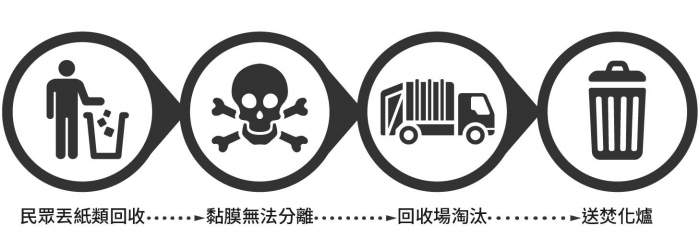
Paper cups should be discarded as "paper containers"
According to the EPA, 1.07 billion paper cups are discarded in Taiwan each year, and the recovery rate of paper cups is less than 10%.
Only 10% of Taiwan's resource recycling yard is the responsibility of the public sector, and the remaining 90% are private. The recycling mechanism of public organs has the announcement to set up the category of "paper containers", where recycled paper containers (coffee cups, bento) are more likely to be sent to the only professional paper container processors in Taiwan.
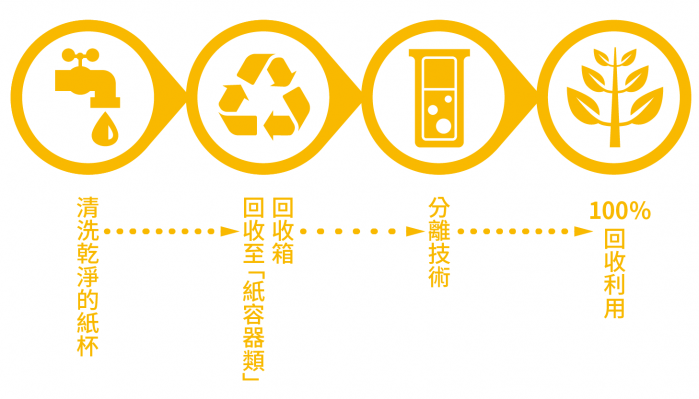
Since there are few independent "paper containers" in the folk, just like in the United Kingdom, the paper contents will be handed over to the "general waste paper" processors. The energy consumed and pollution produced in the treatment process is also the second harm to the environment.
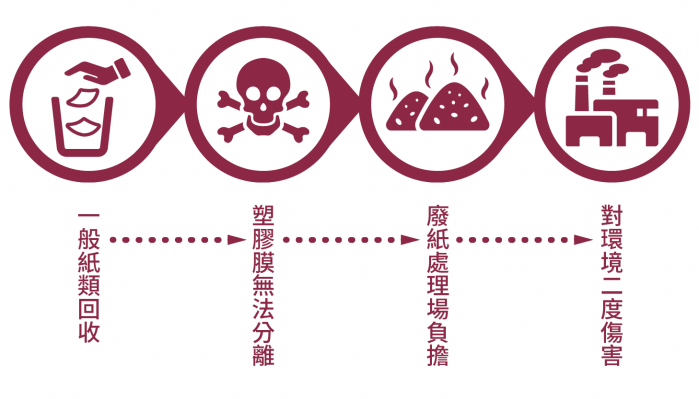
Alternatives to paper cups
Mobilize the whole city: coffee Cup Recycling Program (Square Mile Challenge)
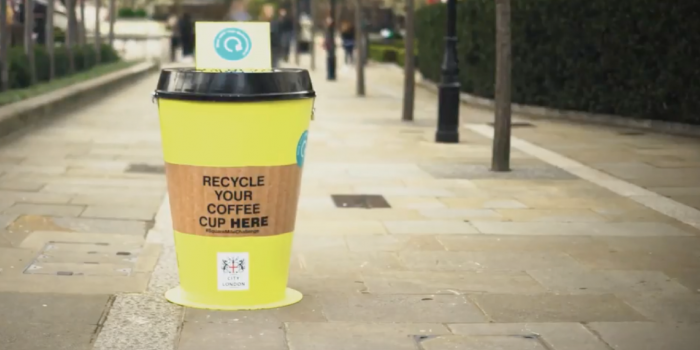
Yellow coffee cup-shaped recycling bins are everywhere in London's financial town (Square Mile), a joint effort by environmental group Hubbub, Network Rail, recycling company Simply Cups and 30 companies to launch coffee cup recycling activities. At present, there are more than 100 recycling points, with the goal of recycling 5 million coffee cups within this year.
Improved design of paper cups: Frugalpac
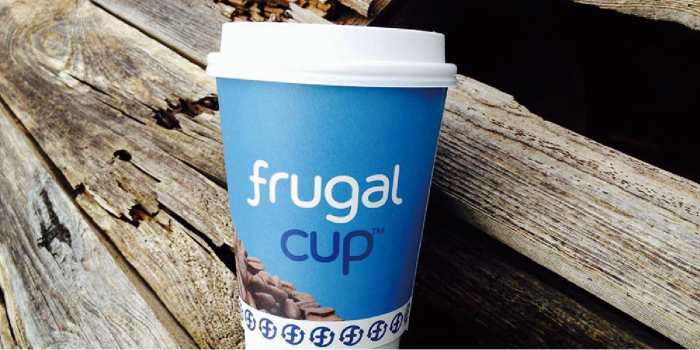
British entrepreneur Martin Myerscough Martin has developed a fully recyclable coffee cup called Frugalpac, which is made of recycled paper without adding any chemicals, and the outer film can be easily torn off and recycled with the paper. It can be reused up to seven times, and Starbucks in the UK has begun to try it out.
Reduce disposable use: Freiburg Cup
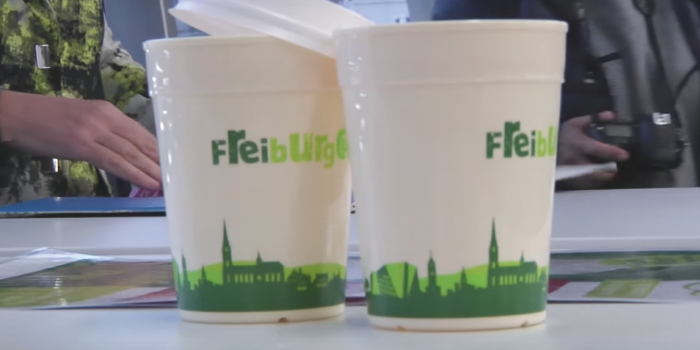
The service life of disposable coffee takeout cups is about 15 minutes. In Freiburg, Germany, 16 coffee shops and bakeries cooperate to provide reusable take-out cups "FreiburgCup". Customers can take the cups out and return them to other coffee shops, and they can also get back a deposit of 1 euro in advance.
It is recommended that "paper" and "paper containers" (such as aluminum foil bags, lunch boxes and paper cups) be collected separately for back-end recycling. In addition, the public sector will strengthen publicity and provide funds to improve private technology, and people will be able to enjoy drinks and be more friendly to the earth when they cooperate with government policies and reduce consumption (reduce).
Important Notice :
前街咖啡 FrontStreet Coffee has moved to new addredd:
FrontStreet Coffee Address: 315,Donghua East Road,GuangZhou
Tel:020 38364473
- Prev

The first World Coffee producers Forum developed a road map to address common challenges
For professional baristas, follow Coffee Workshop (Wechat cafe_style) Medellin, Colombia, July 15, 2017 (GLOBE NEWSWIRE)-the first World Coffee producers Forum, which brings together representatives of the entire coffee value chain, concluded on Wednesday, with a final statement outlining a plan of action to address common challenges and other specific measures. The action
- Next
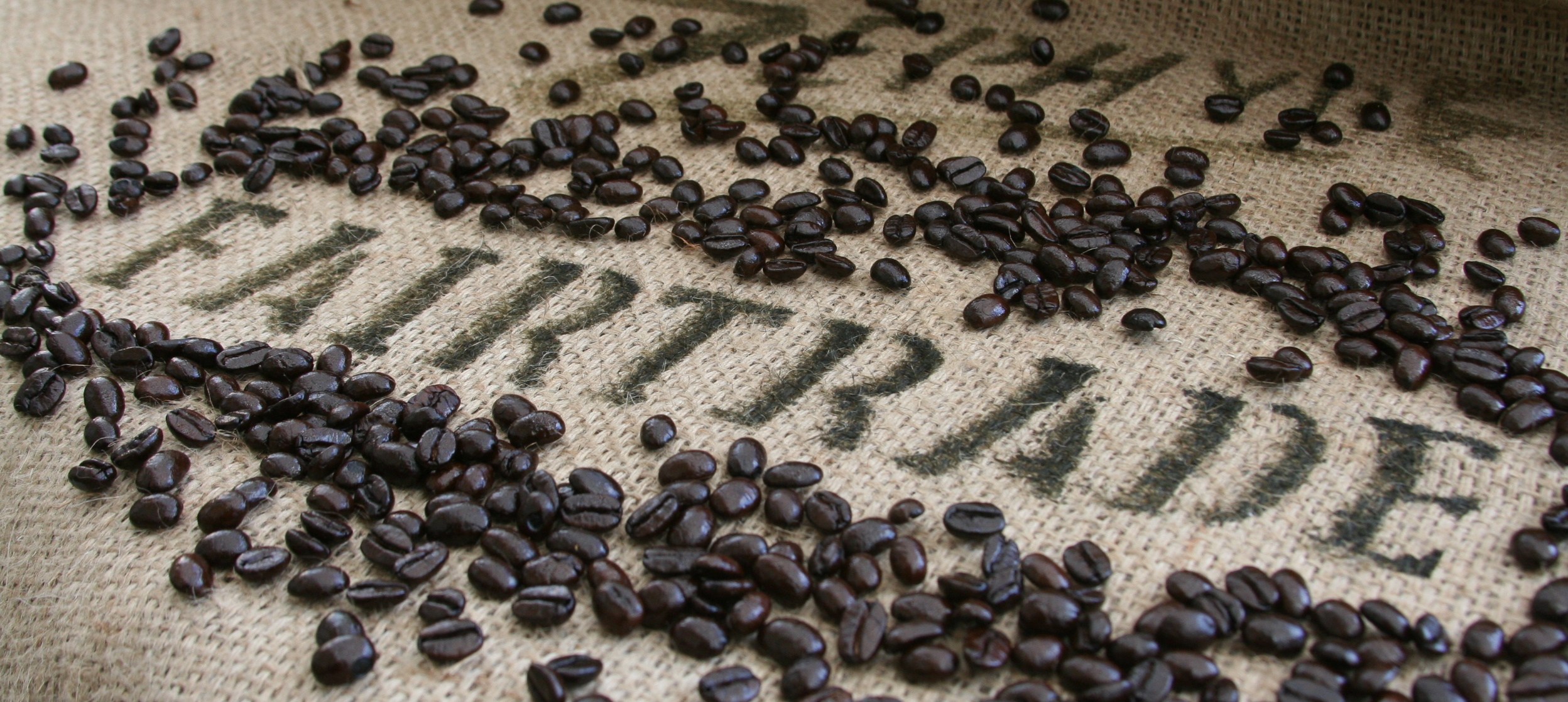
Black Gold: unfair Coffee: BLACK GOLD documents how coffee drives social change
Professional baristas Please follow the Coffee Workshop (official Wechat account cafe_style) many years ago, because of the movie "Blood Diamond", there was a big discussion about the luxury jewelry that caused disaster, exploitation and war in the distance, but Bling Bling around us, even though most of us could not afford diamonds at all. By contrast, coffee is very important to the majority.
Related
- What brand of black coffee is the most authentic and delicious? what are the characteristics of the flavor of the authentic Rose Summer Black Coffee?
- Introduction to the principle and characteristics of the correct use of mocha pot A detailed course of mocha pot brewing coffee is described in five steps.
- Which is better, decaf or regular coffee? how is decaf made?
- How much is a bag of four cat coffee?
- How about four Cat Coffee or Nestle Coffee? why is it a cheap scam?
- Which is better, Yunnan four Cats Coffee or Nestle Coffee? How about cat coffee? is it a fake scam? why is it so cheap?
- How about Cat Coffee? what grade is a hoax? which instant coffee tastes better, four Cat Coffee, Nestle Coffee or G7 coffee?
- Process flow chart of coffee making-Starbucks coffee making process what coffee tastes good at Starbucks
- The top ten best coffee beans in the world Rose summer coffee or Tanzanian coffee tastes good
- Yunnan four cat coffee is good to drink?_four cat coffee is a big brand? four cat blue mountain coffee is fake?

